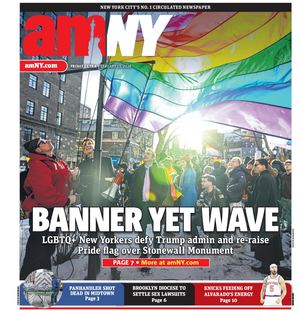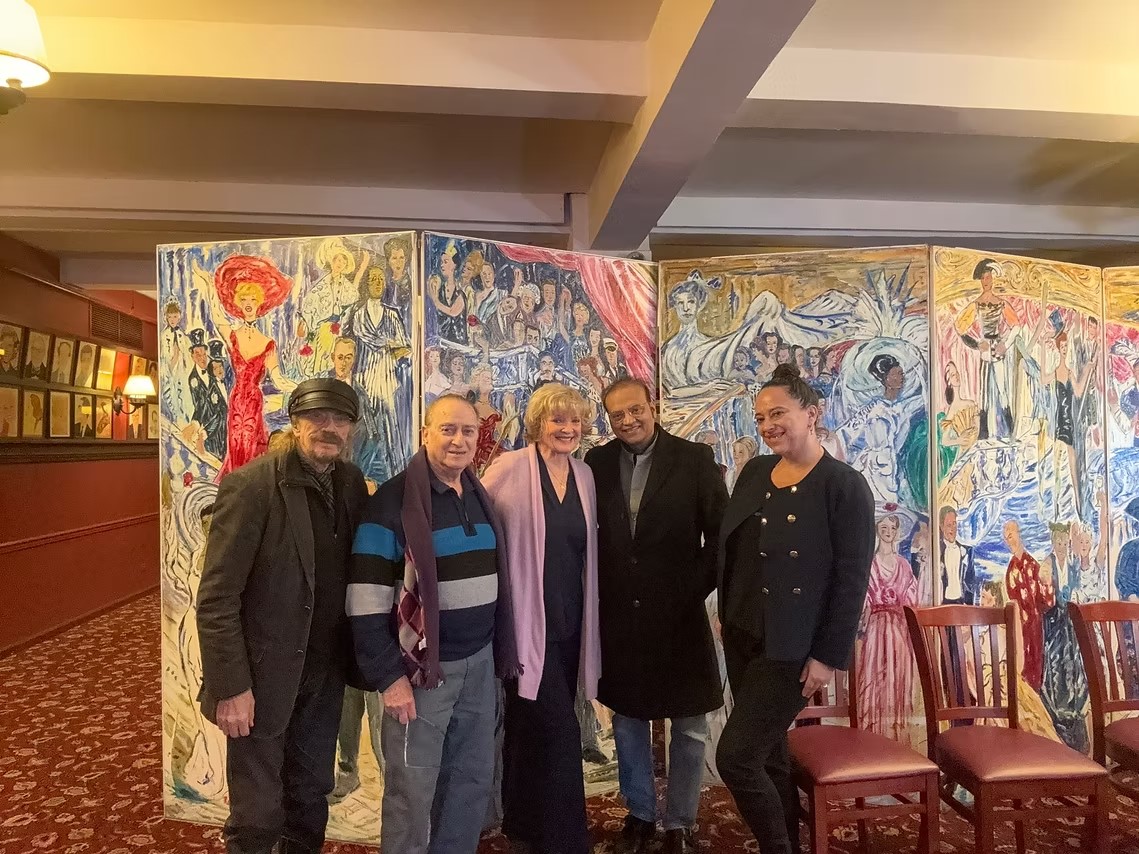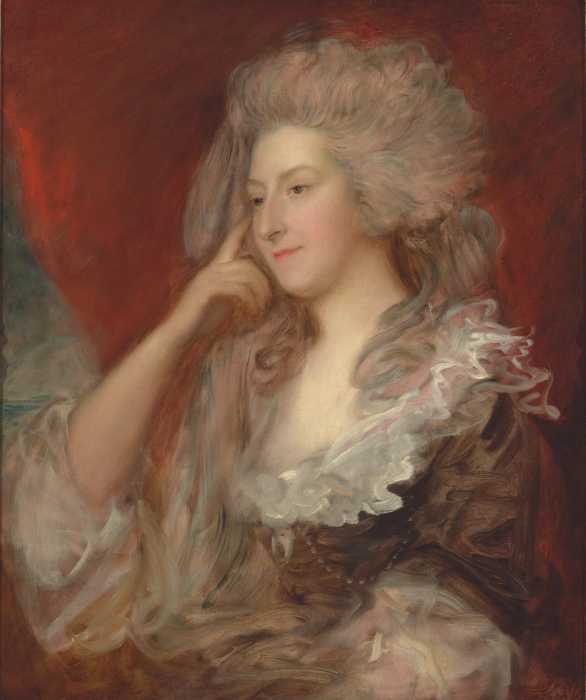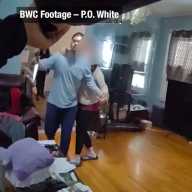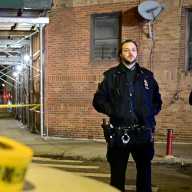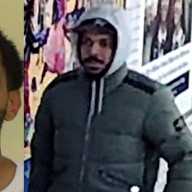Dr. Shuvendu Sen’s documentary “Broadway, Bars and Fortunes” explores how the arts can help rehabilitate the incarcerated by following and documenting four of his close friends that he made along the way.
With a runtime of just 40 minutes, the film invites viewers to connect not only with the people whose stories are being shared, but also highlights the importance of theatre and the arts in helping incarcerated individuals transition back into society as citizens once again.
Dr. Sen is the current Vice Chair of Research and Academics and a physician at the Jersey Shore University Medical Center in New Jersey, where the beginning phases of the documentary started.
He describes his close relationship with New Jersey’s former Governor, Jim Mcgreevey. Mcgreevey runs an organization called the New Jersey Re-entry Corporation (NJRC). This organization was designed to help former and current inmates through social and emotional rehab, which was an aspect Dr. Sen fell in love with.
His advocacy for the needs of the incarcerated, both outside the prison and coming back into society, came from his desire to help a marginalized group that is often overlooked in America, especially when it comes to integrating back into society.
It was through Mcgreevey that Dr. Sen would meet someone important to his life, but an essential figure apart of the documentary, David Rothenberg.
Rothenberg is the founder of the Fortune Society, a point that Broadway, Bars and Fortunes emphasizes throughout the beginning of the film. From producing the play Fortune and Men’s Eyes to a Gothic architectural building in Harlem, Rothenburg provided a home and support for the incarcerated by focusing on something else: theatre.
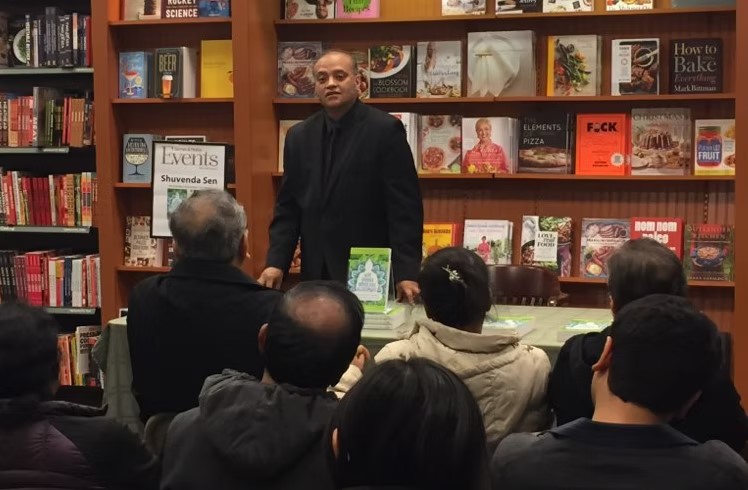
Dr. Sen explains further what the Fortune Society does and the importance of their weekly meetings, most of them in which he was able to attend.
“So the Thursday meeting is when all the former incarcerated inmates will get together in this room, and we will introduce ourselves, and that’s it. We will just talk,” he starts off. “For example, I’m going to talk to you about my trauma, my travels, the violence in my family that led me to become a violent person and then the prison system, which is not so good, and the violence that you face in the prison system and so it’s more like a catharsis. You’re just letting it out, you’re releasing it and then one is actually taking care of the other. So I found this Thursday meeting to be very simple. There’s no rocket science, yet it’s fascinating.”
It was through hearing the former incarcerated stories that Dr.Sen not only grew close with each of them, but fell in love with what the Fortune Society was doing to help them. By Rothenburg using his experience from Broadway, he allows them to dream of a profession that was never a thought in their minds.
“It’s called The Castle [name of the play] and all these men and women will just stand up. It’s no big deal. Not that they are acting but they are talking about themselves. They have their own stool. They sit on the stool and they just talk about themselves but in a theatrical manner, and it starts from their childhood,” Dr. Sen explains.
After discussing with Rothenberg about writing a book about the Fortune Society, and after talking with the film professor at New York University, Karl Bardosh, a documentary began to form based around four of the former inmates that would be crucial to the documentary.
Through Casimiro Torres, Philip Hall, Vilma Donavan, and Ervin Hunt, known as Easy, the documentary unravels their lives through bits of the play The Castle along with interview bits from Dr.Sen, leading to emotional conversations that can bring tears to anyone’s eyes.
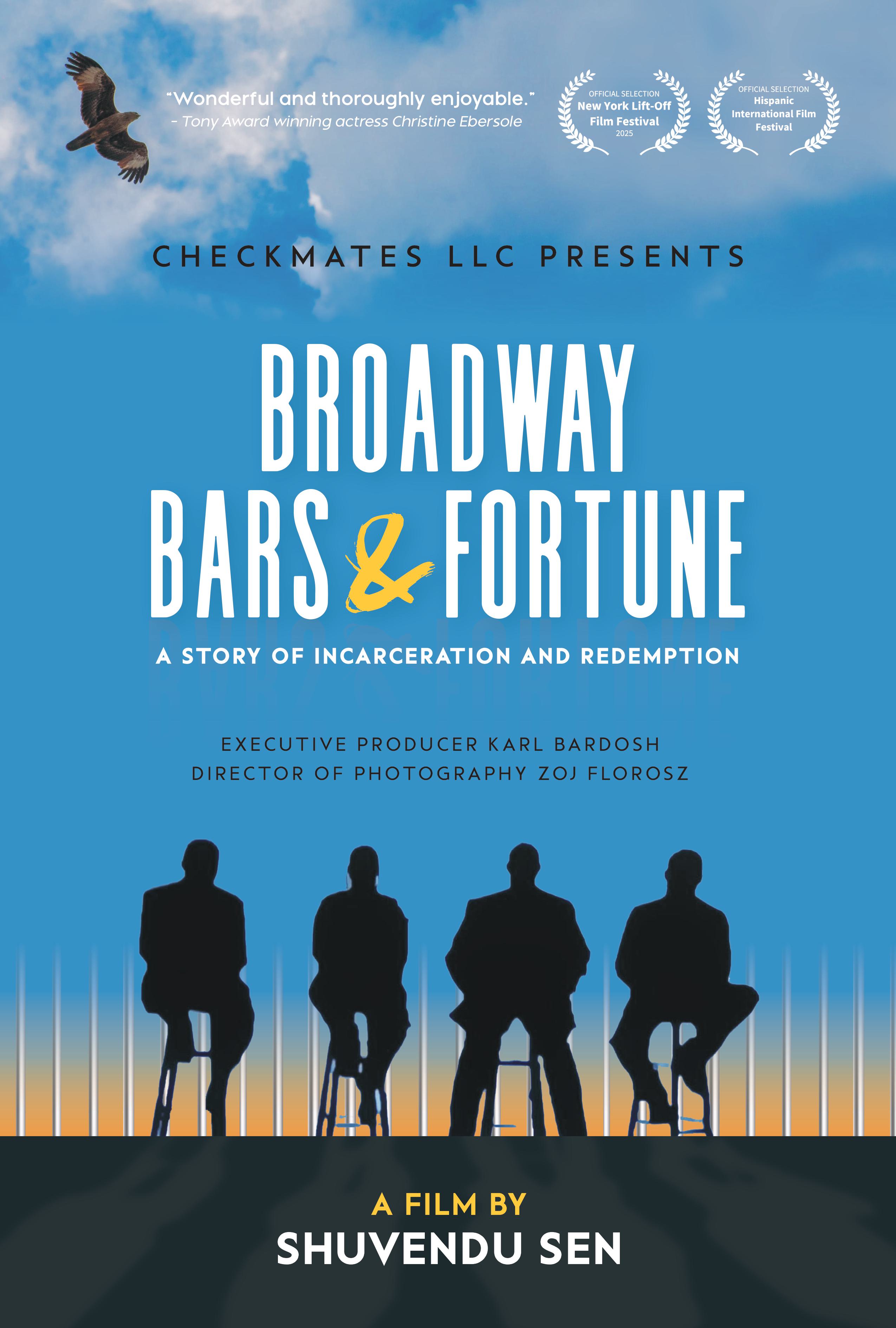
“You cannot have a dry eye when you listen to their stories,” he said. “Think about it. You have done something. Your family was not supportive. You’re down there in the woods. You’ve committed a crime and then you’re thrown into prison and you find that you’re getting divorced, that the person that you were leaning on chooses the right time to let you go. You’re all by yourself and what does the counselor tell her when she says, ‘Who am I if I’m divorced?’ The counselor says to her, ‘You’re Vilma, isn’t that enough that you are?’”
Experiencing the film for the first time can move and bring an audience to ears with the sheer rawness coming from each of the stories. Through self-love and unlearning childhood traumas, the audience can see the amount of growth that the cast has gone through to get to where they are today.
Taking Torres as an example, having a rough childhood to finally finding his father was such an endearing moment to not only watch, but hear in the way he speaks about his family.
Dr.Sen’s passion for what he considers his second family is truly a piece of art as he reminisces about the filming process and how relaxed it was because he connected to them. For scenes like the interviews, he described how he’d pretend the camera was there so they could act as naturally as possible.
When they started crying, so did he. When they laugh, so did he. The comfortability he has formed with them for over nine years truly shows in the way they open up and aren’t afraid to dive into heavy topics like drug and alcohol abuse, violence, and more.
The film also feels personal and intimate because of how most of the shots were filmed from Dr.Sen’s phone, adding a more immersive watch when he takes the audience on a journey, which he claimed was the fun part of filming.
The ending was especially powerful as the film not only ends, but so does the makeshift play of The Castle ends with the cast all stating the last time they’ve been to prison, to back in Society as a taxpayer. Dr.Sen was able to touch more on filming the scene and the ending in general as they performed in front of the very system that put them in jail all those years ago.
“[The NYPD] allowed me to film in Rikers. I could see their eyes full of love and they were connecting with those four people on the stage. What a glorious moment of humanity that was. It’s like a full circle and the Rikers Island shot was a cell phone camera shot.”
After spending a few months filming, he touched on how he learned so much from them, even after knowing each other for nine years.
“I have understood the power of humanity and the ability to come out from your days of darkness and I’ve learned it from them and there’s nothing to teach them. In the Thursday meetings, they would say, ‘You’re very quiet.’ I said I’m quiet because I find I’m ashamed to teach you because you all came out by yourselves and then David Rothenberg and his colleagues they gave their hands and you took it but it comes from your strength, your courage, your indomitable courage, and if there is anything that I’ve learned I’ve learned respect, I’ve learned courage from all of you.”
